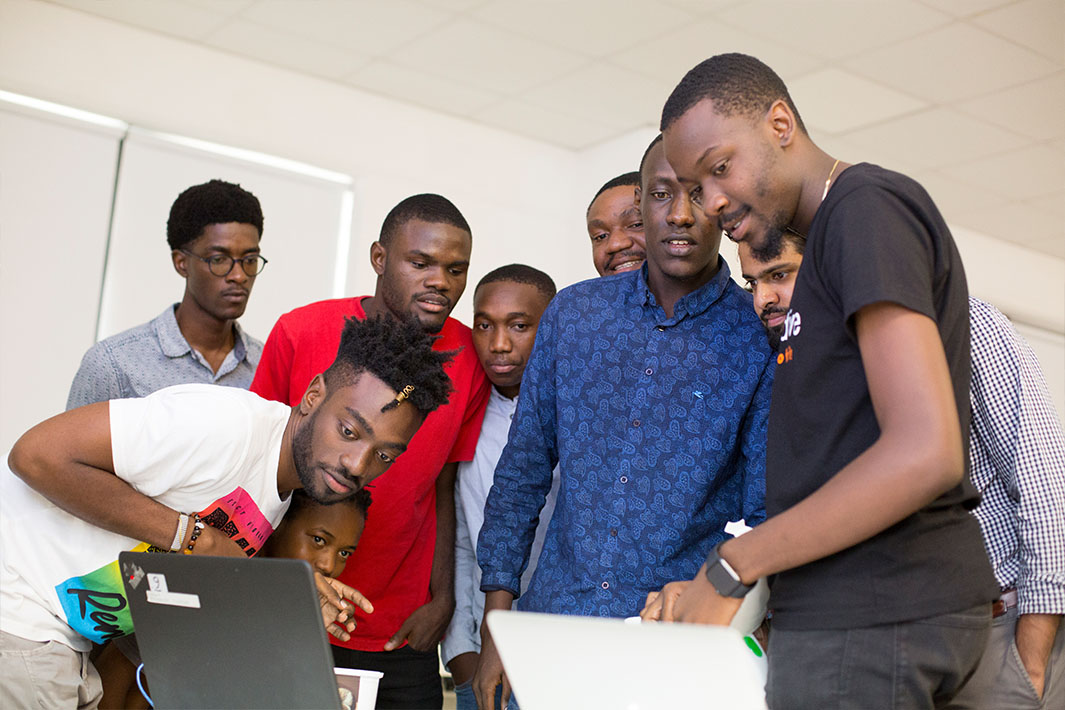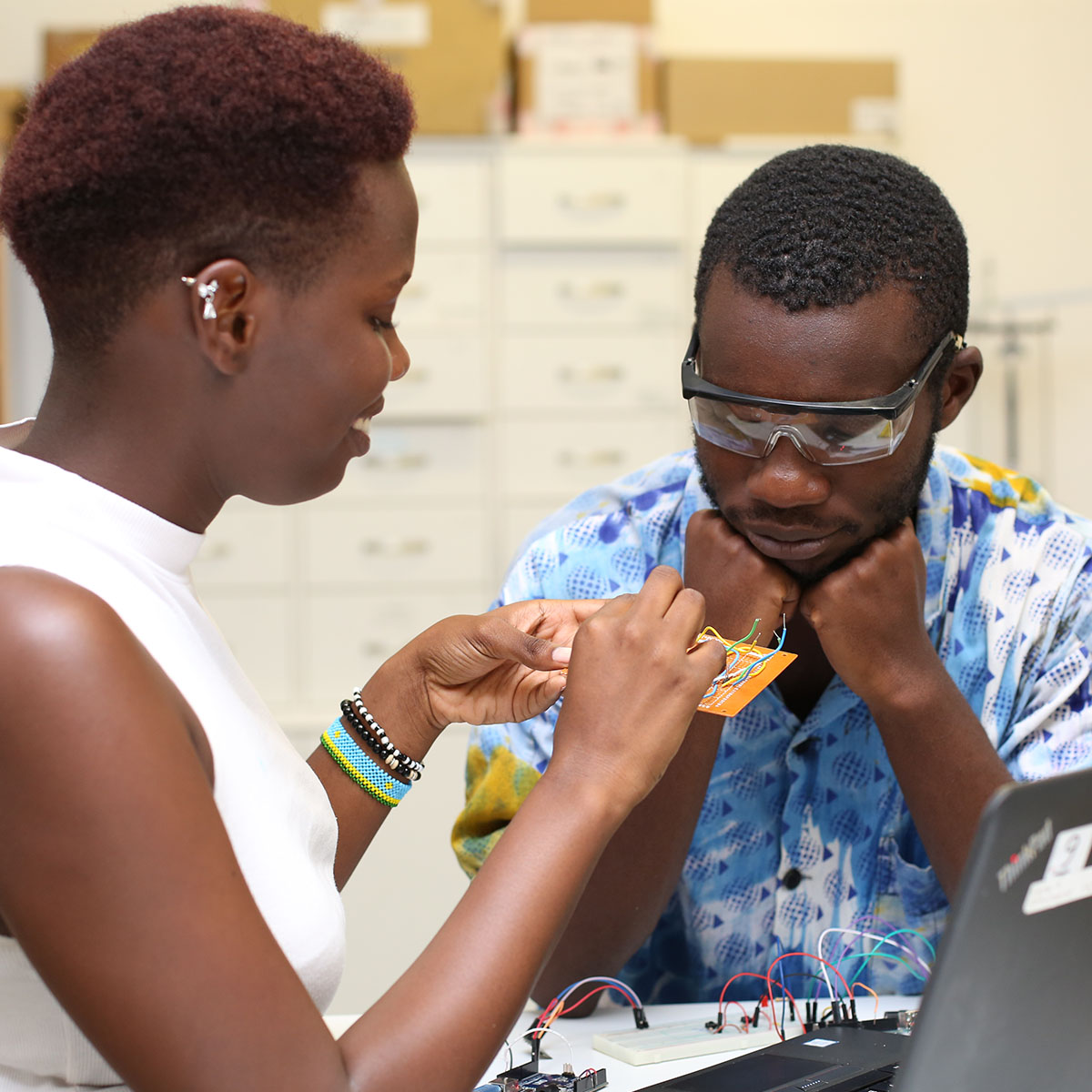Masters Of Science In Electrical Power Systems Engineering
Empower your engineering future with electrical power systems expertise and multi-disciplinary mastery
Mauritius Campus
Minimum Duration
Years
0
Award
Masters (MEng) in Electrical Power Systems Engineering
Accreditation
Mauritian Higher Education Commission via Glasgow Caledonian University
Tuition
USD per annum
0
- Apply Now




